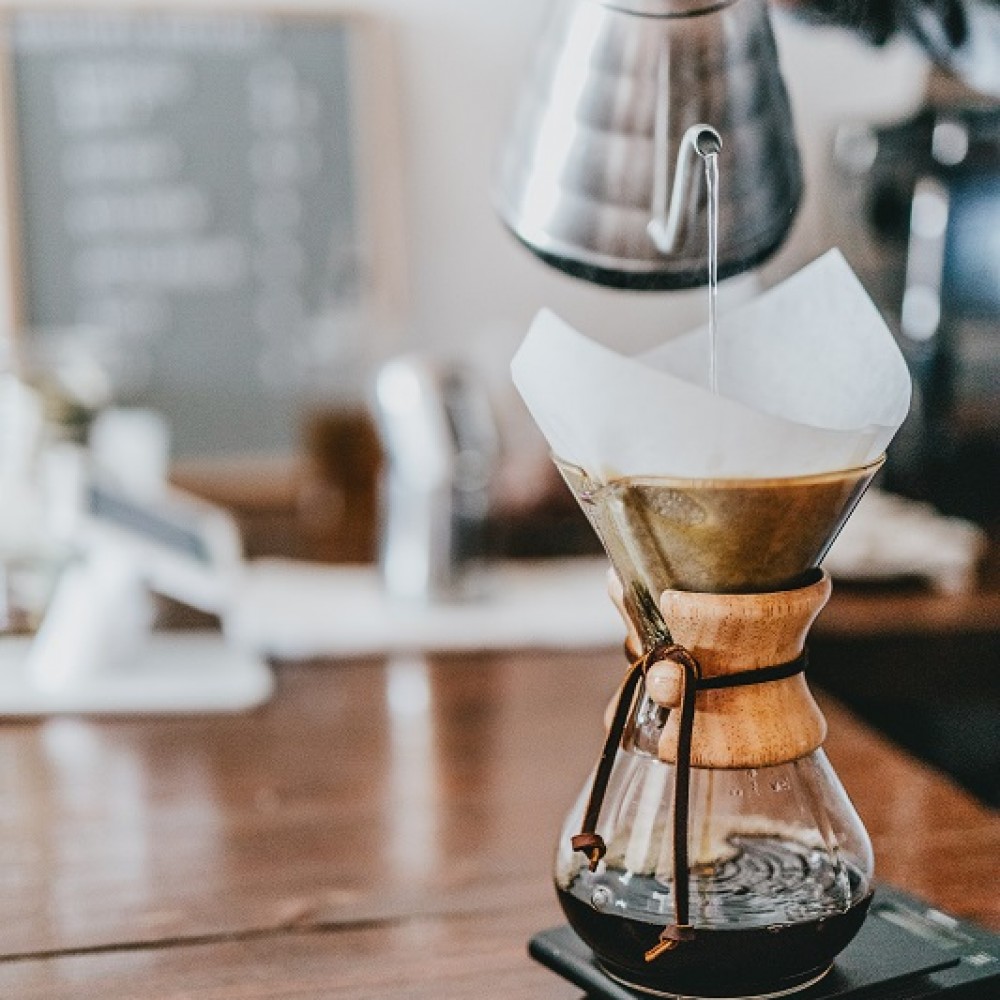If you enjoy drinking good coffee or even a simple beverage such as a tea but have never managed to produce a satisfactory result, you may not have thought of improving the quality of the water you use.
In everything we cook in our kitchen for consumption, the raw material quality plays the first role in flavor. The same is true for beverages, and in this case, a cup of coffee accounts for almost 98% of water, so its quality plays a key role in the taste and quality of the water.
Considering that in most households and shops the water used for making coffee comes from the local water supply networks in which water is chlorinated, we can immediately understand the bad taste that this water imparts to our coffee. Also, the wrong notion that water when boiling is being rid of all the harmful substances it can bring, we can understand that our drink may be quite unhealthy.
However, water free of chlorine and harmful substances is sufficient, as several parameters play a role in the composition of water for the preparation of a good coffee. Based on research, to make an ideal coffee and release all its flavors, water should have low alkalinity, have low sodium levels and low hardness and conductivity. The solution for ideal water is to use a water filter.
The same study demonstrated that water with a high sodium content, as it is commonly used in softer soils or bottled water, prevents more "complex" flavors from being distilled from the coffee beans, thus greatly reducing the taste experience.
Still, the use of softened water or bottled water, ie water that is high in sodium, prevents the more complex tastes from being distilled from coffee beans

